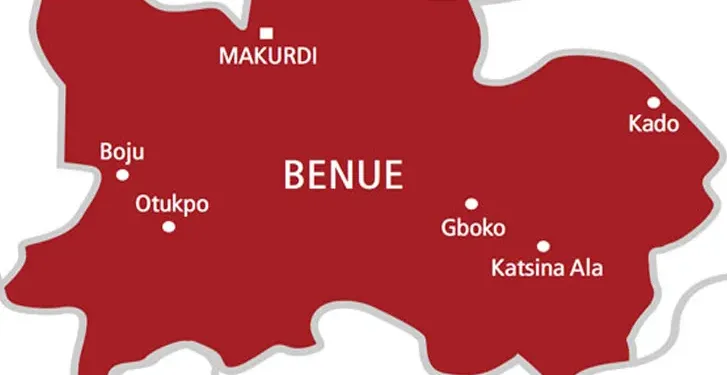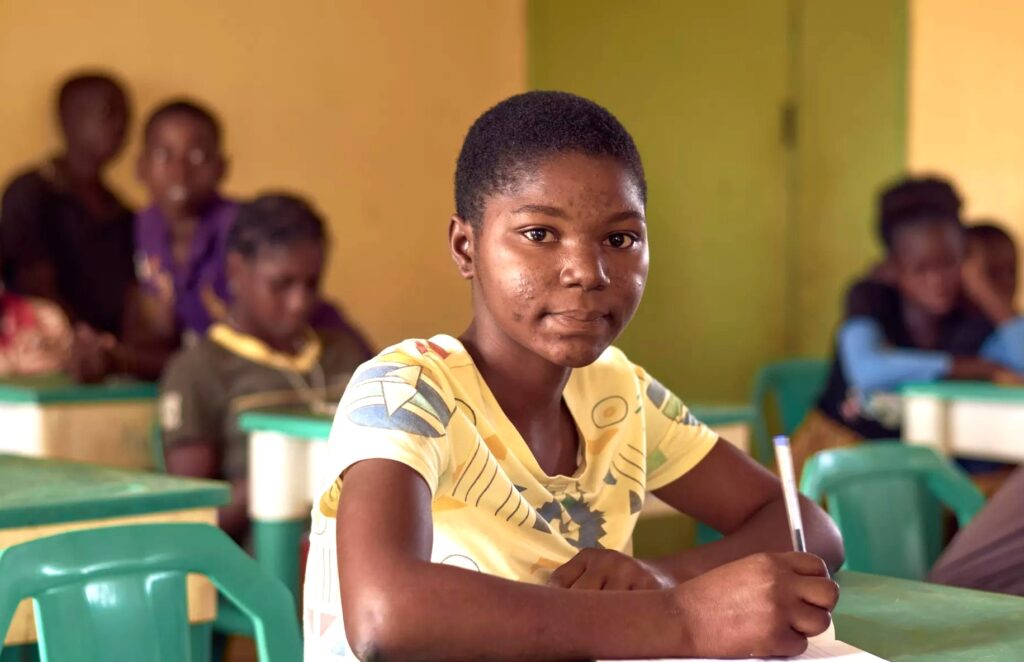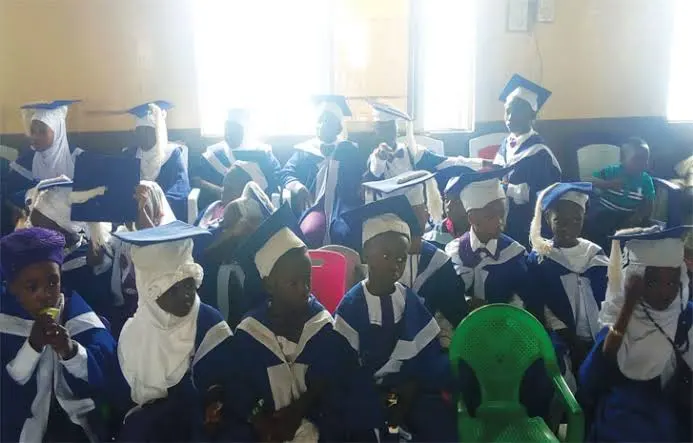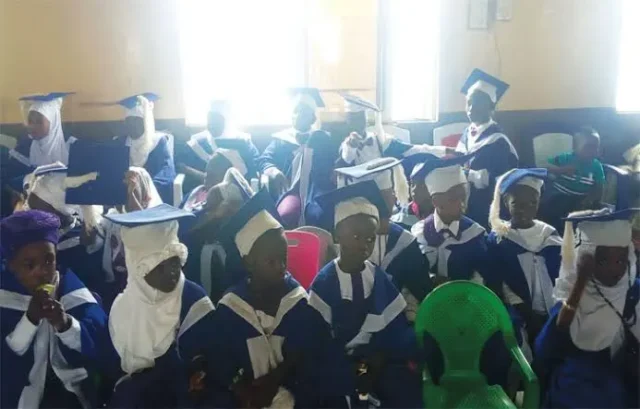In a decisive move aimed at easing the financial burden on families and recalibrating the focus of basic education, the Benue State Government has announced an immediate ban on all graduation parties for pupils in kindergarten, nursery, and primary schools. The policy, confirmed by Mrs. Helen Nambativ—Acting Commissioner for Education and Knowledge Management and Permanent Secretary—was unveiled during an interaction with the News Agency of Nigeria (NAN) in Makurdi, marking the start of a major educational reform. Schools that disregard this directive now face stern sanctions, including temporary closure or revocation of their operating licences.
This initiative underlines the administration’s intention to stamp out unnecessary social expenditures in basic education and redirect attention toward academic rigour and meaningful learning outcomes. By eliminating graduation ceremonies for very young learners, the government hopes to reduce the strains on parents who have long been footing the bill for these elaborate—and often unnecessary—celebrations.

Table of Contents
Broader Reforms Benue State: Textbook Reuse and Extra Hours Halted
The new directive extends well beyond graduation ceremonies. An August 21 memo from the Education Ministry emphasised the abolishment of customised, non-transferable textbooks that had, until now, been the norm in many schools. Instead, schools must now revert to the traditional approach: textbooks passed down from older to younger pupils. This restores financial relief and promotes sustainable educational practices within homes.
Also, the policy dismantles compulsory after-school lessons, unless expressly requested by parents. This measure protects children’s right to rest and play, limiting academic hours to productive, sensible periods and placing the decision back in the hands of parents.
Taken together, these changes mark a thoughtful overhaul—seeking to balance academic focus with practical, psychological, and economic considerations for families and schools alike.

Mixed Reactions: Schools Call for Transition Time, Parents Welcome Relief
Reactions to the sweeping changes have been mixed.
A school proprietor, speaking anonymously from Makurdi, faulted the lack of a grace period. Many schools had already spent money on the now-prohibited textbooks and planned graduation events; he argued that a one-year transition would have softened the sudden financial blow.
Contrastingly, many parents are breathing a collective sigh of relief. Mr. James Bemgba, for instance, applauded the move, describing how schools had forced his family to pay for graduation ceremonies for toddlers as young as three, and buy new books every term—even when previous ones remained usable.
Beyond Benue, the policy aligns with similar reforms across other states. In Edo, Ondo, and Imo, governments have also banned graduation ceremonies for early years, reserving them only for Basic 6 and Senior Secondary 3 levels. These states additionally promote multi-year use of textbooks and, in Imo’s case, introduced mandatory skills training in place of unnecessary ceremonies.
Stakeholder responses vary. The National Parent-Teacher Association of Nigeria (NAPTAN) wholeheartedly endorsed the reforms, decrying graduation ceremonies for young pupils as extortionate and unnecessary. By contrast, the National Association of Proprietors of Private Schools (NAPPS Nigeria) cautioned that modest ceremonies have symbolic and motivational value for pupils, families, and school communities—but concurred they must not become financially exploitive.

Next Steps in Benue State: Enforcement and Prospects for Sector Reform
To cement compliance, the Benue government is creating a dedicated task force to monitor and enforce the new regulations across basic schools. This task force will ensure that schools adhere strictly to the ban on graduation parties and the reuse of textbooks and that optional extra lessons strictly require parental consent.
There’s a broader ambition behind these steps: repositioning basic education to prioritise academics, mental well-being, and affordability. With textbook reuse and reduced social expenditure, families stand to benefit economically, while pupils enjoy a more balanced schooling experience.
Yet, the success of these reforms hinges on smooth implementation and open communication with stakeholders. Schools need guidance on managing the transition without disruption; parents require clarity on how the reforms will play out in practice.
If handled well, Benue’s new policy could set a precedent for other states contemplating similar adjustments. It may also shape national discourse on the right balance between celebration and academic priorities in Nigeria’s early educational stages.
Join Our Social Media Channels:
WhatsApp: NaijaEyes
Facebook: NaijaEyes
Twitter: NaijaEyes
Instagram: NaijaEyes
TikTok: NaijaEyes
READ THE LATEST EDUCATION NEWS





